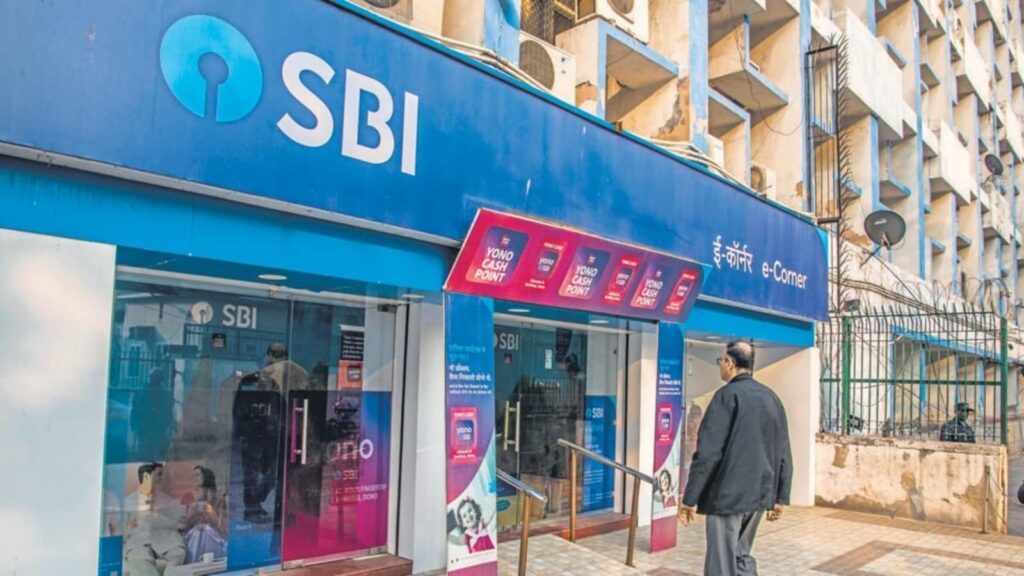With the State Bank of India not providing the unique numbers of electoral bonds (EB) — the Supreme Court (SC) was right to come down hard on the State-owned bank whose conduct through this process has been reminiscent of a surly teenager forced to apologise — and instead providing two data dumps to the Election Commission of India (ECI), one on buyers and the other on recipients, people have been quick to join the dots, speculating freely on possible quid pro quos. The provision of the numbers is only likely to intensify this process. Some of the data released was expected — for instance, the BJP received the most money through electoral bonds — and some wasn’t (the Trinamool Congress received far more than the Congress), although both follow the logic of money gravitating towards power. There were also some complete surprises — that the top contributor would be a relatively unknown lottery operator is not something anyone could have guessed.
But there are three larger issues that the released data point to that merit discussion. One, analysis by HT’s data partner How India Lives (which mapped companies with ministry of corporate affairs’ database) found that 43 of the entities that bought EBs have the minimum mandated subscribed capital of ₹ 1 lakh. While not conclusive evidence, a low subscribed capital is often a characteristic of a shell company. Such companies are usually formed to hide ownership, and their presence in the data is concerning, although to be sure, the amount involved is low. Two, a similar matching exercise disclosed that 28 of the entities were set up on or after April 12, 2019, suggesting that they may have been created solely for the purpose of channelling contributions to political parties. And three, several of the significant contributors are those that were, or are being investigated by the income tax department, the Central Bureau of Investigation, and/or the Enforcement Directorate.
All three are clearly worrying. The first two because they increase the opacity of an already opaque exercise. The third, not because of the extortion theory that is being widely speculated, but because it suggests that at least some of the money that funded political parties, and, therefore, elections in the country, may have been earned through illegal means. Together, all three also indicate a violation of some of the original motivations behind the EB scheme: Transparency, and improving the quality of money used to fund elections.
Two follow-up actions are now required. One, as the top court emphasised on Friday, SBI must submit the unique bond numbers before the election process begins. It’s the sort of information that could help voters make informed choices. To that end, the court could perhaps set a deadline for the bank to submit the unique bond numbers and for ECI to process and publish the mapped donor-recipient details. Two, once the dust and controversy settle, perhaps after the 2024 national elections (to be announced Saturday), ECI and political parties need to continue the conversation on elections and poll finance reforms. The electoral bond scheme was an attempt at electoral reform, but it clearly had too many loopholes. The SC order that scrapped the scheme should not be seen as a closure, but a nudge to begin a new journey.
Continue reading with HT Premium Subscription
Daily E Paper I Premium Articles I Brunch E Magazine I Daily Infographics


